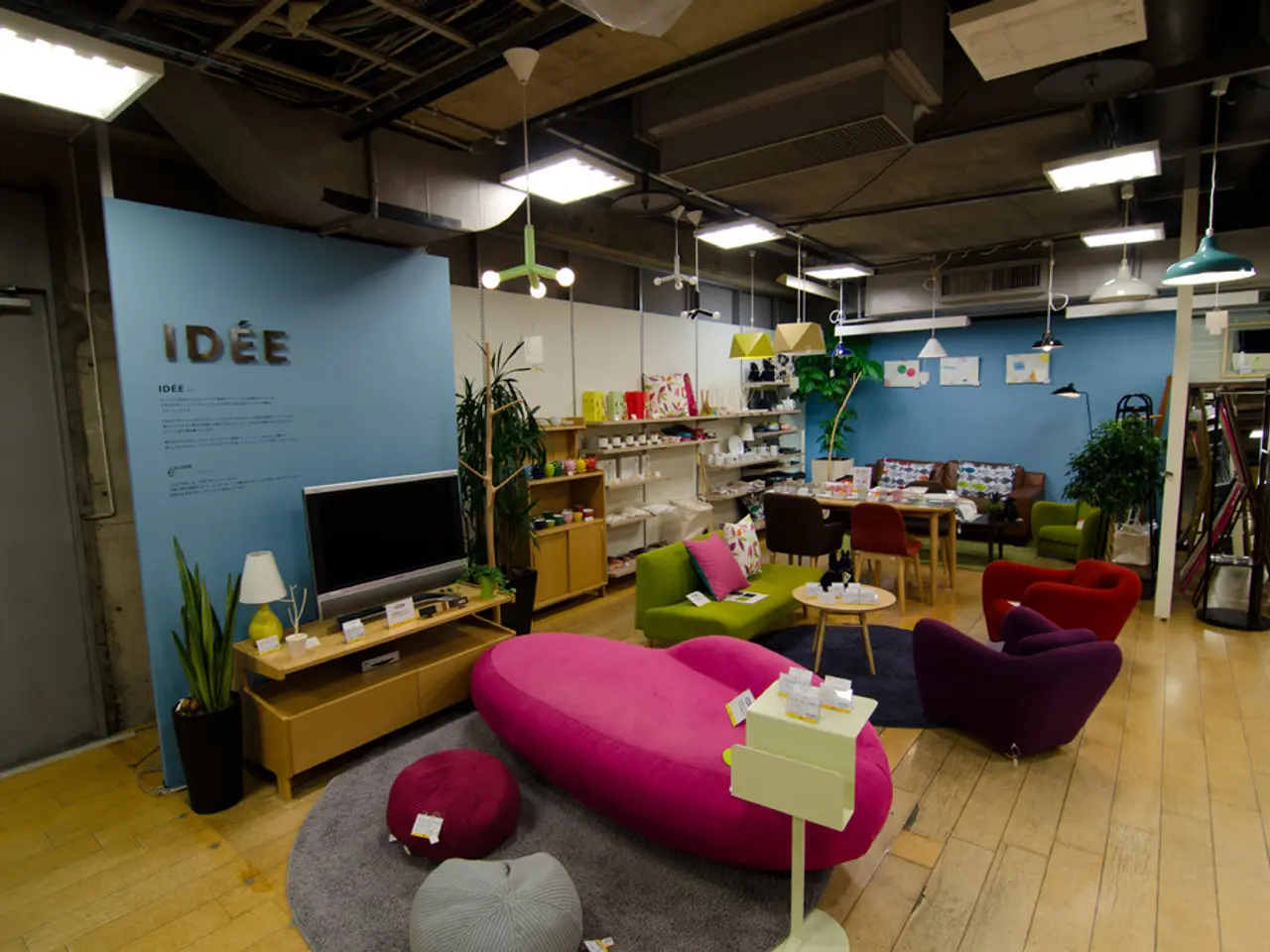Exploring Autonomy and Aid: Unraveling the Various Home Care Support Services Available Today
Home care services play a vital role in supporting seniors, offering a range of options to maintain safety, comfort, and independence at home. The goal of these services is to create a safe, supportive environment prioritizing health, dignity, and overall well-being.
Personal Care Services
Personal care services focus on assisting seniors with Activities of Daily Living (ADLs), such as bathing, grooming, dressing, mobility support, and medication reminders. This care helps seniors maintain hygiene, dignity, and independence while reducing the risk of falls or injuries.
Companionship Care
Companionship care is all about emotional support and social interaction, which are crucial for mental health. Companion caregivers engage seniors in conversation, hobbies, outings, and light household tasks, helping to reduce loneliness and isolation.
Home Health Care
Home health care, or skilled nursing, involves medical-related services provided by licensed professionals, such as wound care, injections, monitoring chronic conditions, and physical, occupational, or speech therapy. This care is vital for seniors with health conditions requiring regular medical attention without hospitalization.
Homemaker Services
Homemaker services support seniors by assisting with light housekeeping activities like laundry, dishwashing, cleaning, and meal preparation, making the home environment safe and comfortable.
Respite Care
Respite care offers temporary relief to primary caregivers by providing short-term care for seniors, ensuring continuous care and preventing caregiver burnout.
These services collectively contribute to seniors’ overall well-being by addressing physical health needs, promoting safety at home, supporting mental and emotional health through socialization, and assisting with household management. This integrated support allows many seniors to remain safely and comfortably in their homes longer, improving their quality of life and reducing the need for institutional care.
Individualized care plans are essential for home care services, as they are collaboratively created by families, care coordinators, and health professionals. Families can make informed decisions about home care services by understanding the types of care available, such as part-time help or round-the-clock support.
Technological advances, such as smart home monitors, automated medication dispensers, and remote health monitoring systems, contribute significantly to safety and independence for seniors living at home. Flexible scheduling allows services to range from a few hours weekly to 24/7 care, adjusting plans as needs change without disrupting routines.
In today's home care landscape, seniors gain a sense of ownership in their care journey when their care plans are tailored to their unique needs and preferences. Being at home brings a sense of security, belonging, and emotional stability, which is especially important for those with dementia or chronic conditions.
Promotion of Independence is achieved through assistance that encourages seniors to participate in daily choices, helping them stay engaged and empowered. Companionship through social visits, conversations, and shared activities bolsters emotional well-being and helps reduce isolation among older adults. Video calling platforms and social media foster ongoing connections with loved ones, helping alleviate social isolation and loneliness.
Technology assists caregivers in monitoring health metrics, scheduling appointments, and communicating quickly with medical teams. One-on-One Attention allows caregivers to respond quickly to needs and develop meaningful relationships, which enhances trust and comfort for seniors.
Home care services are designed to support individuals who wish to age in place or manage chronic conditions at home. Today's home care landscape offers a spectrum of options to address medical, physical, and social needs, ensuring that seniors can live out their golden years in comfort and security.
WordPress AI integration could help families manage and engage with home care services more effectively, offering personalized care coordination systems tailored to individual needs and preferences. Such AI-enhanced platforms would streamline communication, allowing families to easily monitor care plans, update schedules, and connect with caregivers.
In the realm of health-and-wellness, home care services implemented with AI can leverage data analytics to detect potential health issues at an early stage, enabling faster and more accurate interventions by medical professionals. This proactive approach promotes greater independence and autonomy for seniors while ensuring their well-being.




